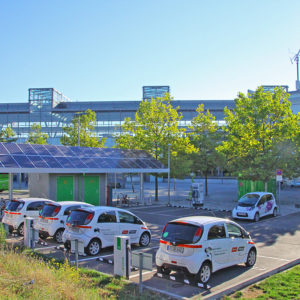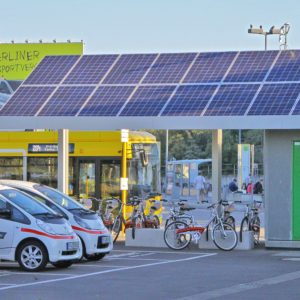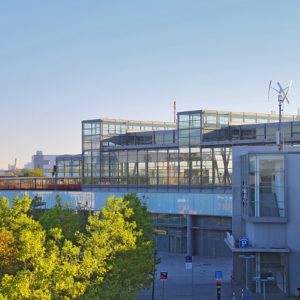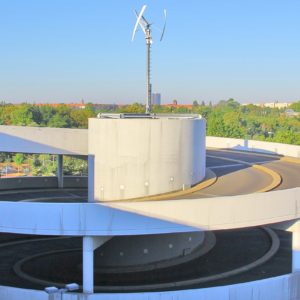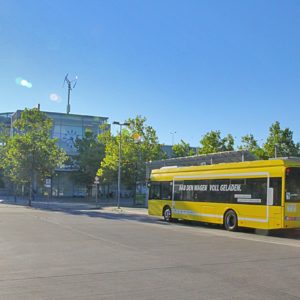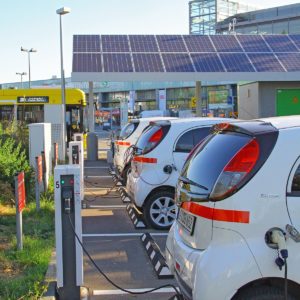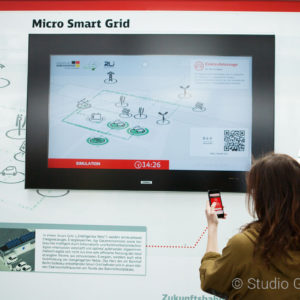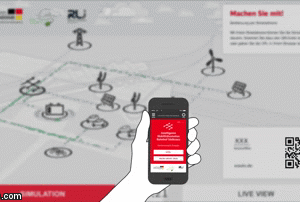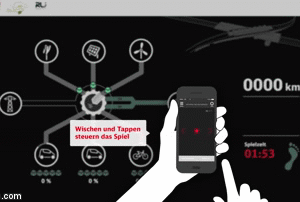Profitable climate change mitigation: The case of greenhouse gas emission reduction benefits enabled by solar photovoltaic systems
1. September 2015
D3 – Micro Smart Grid EUREF (Twinlab)
1. September 2015B2 – Intelligent Mobility Station: Train station Berlin Suedkreuz
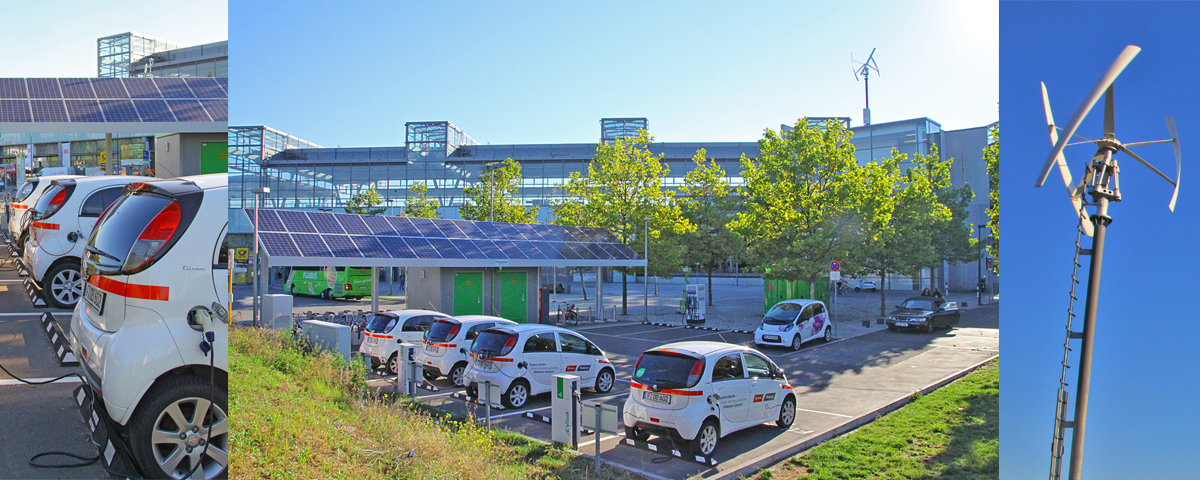
What could the transport sector of the future look like? Or to ask more precisely: How can different modes of transport be connected with each other and be supplied with environmentally friendly energy? What new strategies, technologies, and processes would be required?
RLI tried to answer these questions at Berlin’s third largest train station Südkreuz. In context of the program „Zukunftsbahnhof Berlin Südkreuz“ („Train Station of the Future“), the station has been used as a case study for an intelligent, intermodal traffic hub. RLI has been in charge of scientific supervision and headed the part of the project that focused on generating CO2-free electricity on-site. This was part of the funding program „Schaufenster Elektromobilität“ by the German Federal Government.
Two small wind generation plants and two solar panels were installed on the train station’s premises; their energy supplies a car- and bike-sharing station. At the core of the whole system is an intelligent microgrid, which controls distribution and storage of electricity.
For users, RLI explained the way the microgrid works via information screens on the circle line platform. The principle of renewable energy generation and storage was explained with an interactive demonstrator, which also featured a smartphone game.
The whole project aimed at optimizing a decentralized energy system based on renewable energy sources in order to supply the station and e-mobility option in its direct neighborhood. Simulation tools were developed that could be validated by using data from the station’s components. Finally, design and operation were assessed by technological, economic, and ecologic standards.
Project period: 01.03.2013 - 30.06.2016
RLI tried to answer these questions at Berlin’s third largest train station Südkreuz. In context of the program „Zukunftsbahnhof Berlin Südkreuz“ („Train Station of the Future“), the station has been used as a case study for an intelligent, intermodal traffic hub. RLI has been in charge of scientific supervision and headed the part of the project that focused on generating CO2-free electricity on-site. This was part of the funding program „Schaufenster Elektromobilität“ by the German Federal Government.
Two small wind generation plants and two solar panels were installed on the train station’s premises; their energy supplies a car- and bike-sharing station. At the core of the whole system is an intelligent microgrid, which controls distribution and storage of electricity.
For users, RLI explained the way the microgrid works via information screens on the circle line platform. The principle of renewable energy generation and storage was explained with an interactive demonstrator, which also featured a smartphone game.
The whole project aimed at optimizing a decentralized energy system based on renewable energy sources in order to supply the station and e-mobility option in its direct neighborhood. Simulation tools were developed that could be validated by using data from the station’s components. Finally, design and operation were assessed by technological, economic, and ecologic standards.
Project period: 01.03.2013 - 30.06.2016
To learn more details about this project's results and to read the whole project, please visit our German Website
Photos
RLI has been responsible for the following tasks within the project:
- Scientific supervision
- Optimization of microgrids concerning topology and operation
- Assessment of ecologic and economic aspects of the system
- Analysis of grid integration capacity
- Installation of
- Small wind generation plants
- Assesssment of
- Charging station usage
- Output of renewable energy generation devices in an urban context
- Bureaucratic permission processes for installing renewable energy generation devices at existing train stations
Project partners:
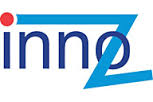



Associated Partners:
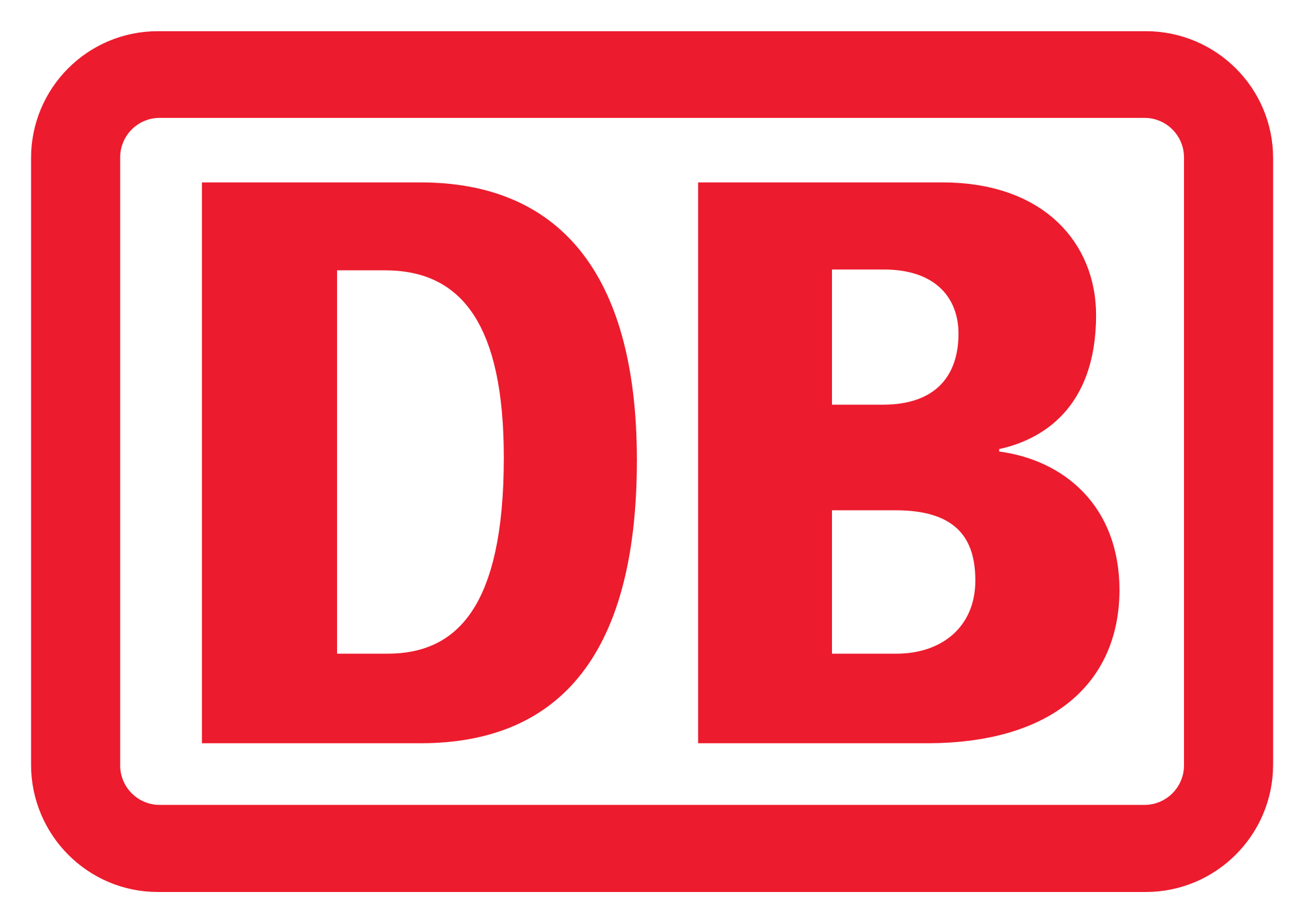
DB Energie GmbH
DB Bahnpark GmbH/DB
Fuhrpark Services GmbH
DB Rent GmbH

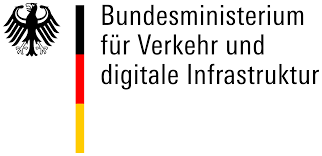
The project is one of about thirty in the funding program „Schaufenster Elektromobilität“
The International Schaufenster Elektromobilität Berlin-Brandenburg has been funded by the German Federal Government and the Federal States Berlin and Brandenburg for three years. The Berlin Agency for Electromobility (eMO) has been responsible for coordination.
Funding code: 16SBB006D
Grant: 497.349 €
Research at RLI is supported by the Reiner Lemoine Foundation.





